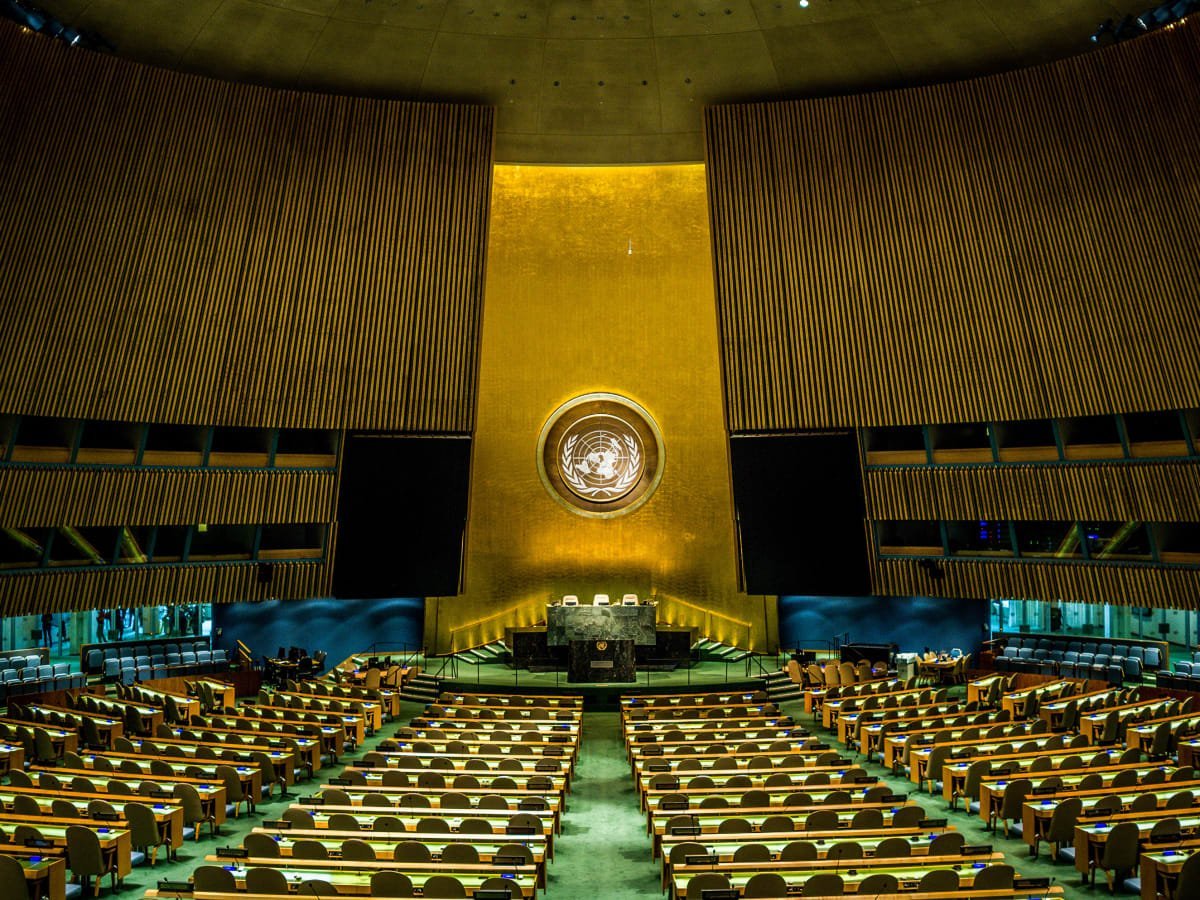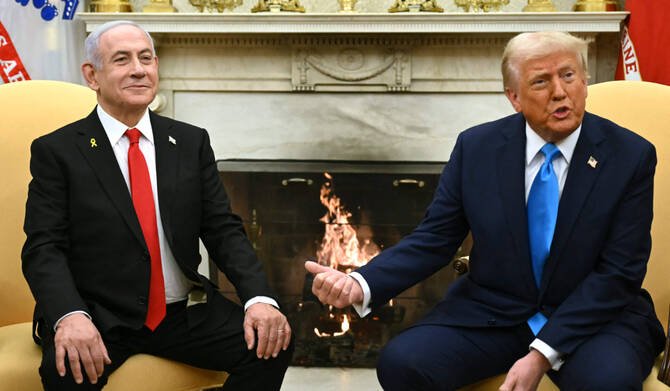The Israeli-Palestinian ceasefire talks are facing yet another hurdle as the Palestinian militant group Hamas has indicated that it does not have 40 hostages who meet the “humanitarian” criteria for the proposed hostages-for-prisoners ceasefire agreement with Israel. A senior Israeli official has confirmed this claim made by Hamas, which has made the hostage exchange negotiations more complicated.
The talks have focused on a US-backed proposal of a phased exchange of hostages and prisoners. The first phase of the agreement includes exchanging women, children, elderly or sick people, and five female Israeli soldiers for an estimated 900 Palestinian prisoners held by Israel, along with a six-week ceasefire in Gaza. However, Hamas appears reluctant to make up the number of surviving male hostages that are required for the exchange.
The CIA director, William Burns, has presented a new proposal to bridge the gaps between the two sides. The US is pressuring Israel to release 900 Palestinian prisoners in the first phase of a three-stage deal and allow the return of Palestinians to northern Gaza. However, the talks have brought no signs of a breakthrough on the plan presented by US, Qatari, and Egyptian mediators, which Hamas said it was studying.
About 240 hostages, including the bodies of some killed during Hamas’s attack on southern Israel on 7 October, were taken into Gaza during the assault. So far, 112 hostages have been returned alive to Israel. Of those, 105 were released as part of an exchange last year. Before that, Hamas released four prisoners unilaterally, while three more were rescued by the Israel Defense Forces. Israel believes that about 30 of the remaining hostages are dead, which would leave around 100 hostages still alive.
In the months since 7 October, Israel has revealed that some of those who were believed to have been alive when they were abducted were, in fact, killed during the initial Hamas attack. Hamas has said that some hostages have died during Israeli strikes on Gaza. While there was speculation that Israel’s withdrawal of its forces from operations in southern Gaza may have been an undeclared confidence-building measure, the killing of three of the sons of Hamas’s political bureau chief, Ismail Haniyeh, along with several of his grandchildren, appeared to undercut that analysis.
The long-running maneuvers on both sides around ceasefire negotiations have become more complicated despite pressure from mediators. Hamas has been pushing for a far more significant cessation in hostilities, including a full withdrawal of Israeli forces from Gaza, while Israeli officials have vowed to continue the war.
Please, subscribe to the YouTube channel of republicpolicy.com

















